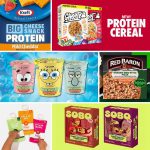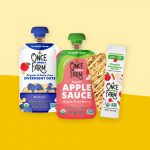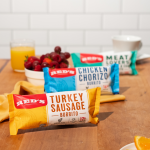Going Vertical: RIND Snacks Acquires Granola Producer
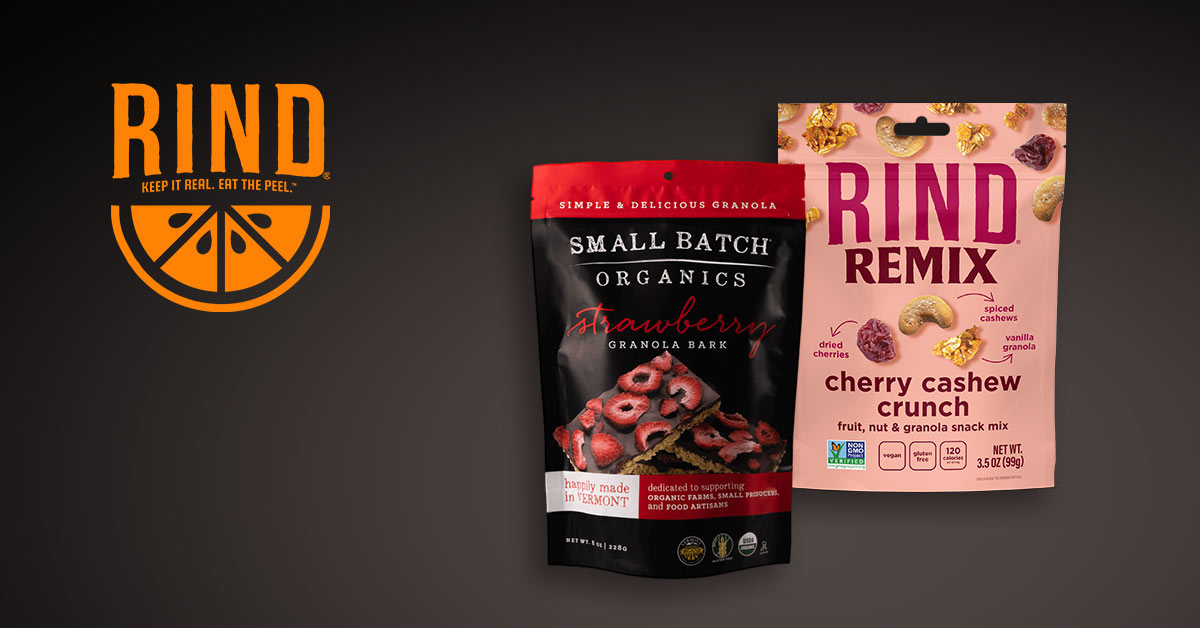
Making the leap from building a brand to growing a business sometimes means controlling one’s destiny.
RIND Snacks is attempting to do just that by creating a vertically integrated production model with the acquisition of Vermont-based granola company Small Batch Organics. Along with leveraging the producer’s manufacturing muscle, RIND has also leased a 15,000 sq. ft. warehouse in neighboring Bennington, Vermont, where it will handle its own logistics and fulfillment. The terms of the both deals were not disclosed.
Officially RIND closed on the Small Batch sale in October, but merging the two companies’ supply chains and operations is not something that happens overnight, RIND co-founder and CEO Matt Weiss told Nosh.
“Like most brands, we’ve relied on third parties; whether it’s product developers, co-manufacturers, 3PLs, et cetera,” he said. “It’s an exciting new step in RIND’s evolution from a dried fruit snack brand to a dynamic, diversified and vertically integrated snack platform.”
Though it did not need new investment to acquire Small Batch, RIND saw the opportunity to raise new capital as a way to “allow additional runway to really hit the ground running” and “play offense” as it moves into self-manufacturing, Weiss said.
Although the specifics of the Series A extension have not been made public at this point, RIND confirmed that The Angel Group, RCV Frontline — the venture arm of JPG Resources — and FABID founder Ryan Williams (a previous investor) have all added investment in recent months.
The former two investment groups bring a wealth of knowledge and expertise from the founder-operator perspective and, in the case of RCV, a breadth of experience in manufacturing and product innovation.
This will be integral as RIND moves into a self-manufacturing model; yet, the dried fruit snack maker will not be alone. It has retained all of Small Batch’s labor force — founder Lindsey Martin and one full-time employee — as well as a part-time staff of about 15 to 20 employees. Weiss also added that RIND’s staff of now nine full-time employees might expand as it grows the business this year.
Founded in 2015, Small Batch has operated predominately as a private label producer and co-manufacturer of granola products but had recently branched out into branded offerings with distribution in select Costco and Whole Foods locations.
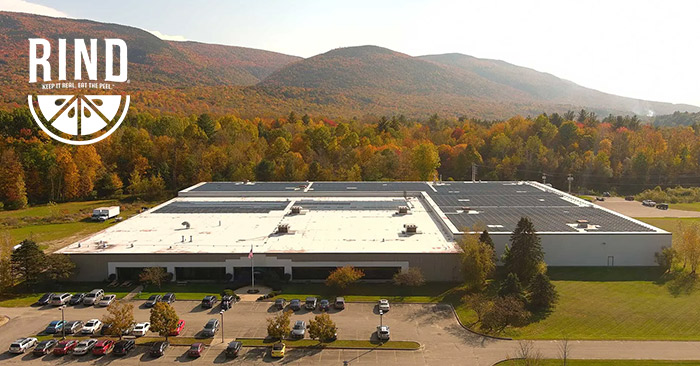
“This [acquisition] is one plus one equals four,” Weiss said, and will allow RIND to not only dictate its production and innovation streams but also “extend into adjacent categories.”
“Really what they were aces at was great co-product development with large strategic accounts,” Weiss added.
Since its launch in 2018, RIND has operated as an asset-light, speed-to-market snack brand reliant on co-mans and a variety of service providers to help the business grow. It will maintain some production redundancies with co-packers for now but is expecting to integrate about 90% of all production to its Vermont facility throughout 2024.
The addition of the Small Batch capabilities is already showing an increase in profitability for RIND, Weiss said. As the company “recaptures its value chain,” it is expected to improve its gross margin by 15 percentage points while also expanding into new day parts with product innovation.
Though there is a variety of new offerings that RIND is planning to launch throughout the year, including a whole new line that will be unveiled at Expo West, the first new product is an extension of its Remix line. The Cherry Cashew Crunch features upcycled dried cherries, spiced cashews and, in a first for the company, vanilla granola.
The new Remix variety will be available in all Sam’s Clubs locations to start and will be followed shortly thereafter in Wegmans, Hudson News and select Walmarts, among others.
While maintaining some of Small Batch’s co-manufacturing business, RIND will be “opportunistic” in private label opportunities that are “non-competitive and non-dilutive,” Weiss said.
In saying that, Weiss added that moving production in-house will allow the company more flexibility to co-develop products with its strategic retailer partners like Walmart, Target and Costco.
“You have a manufacturing portfolio of what you can do and templates you can build,” he said. “That is a huge growth opportunity for us in revenue and expands our TAM [total addressable market] dramatically.”
RIND was founded to address food waste, using overripe or not able to sell produce and diverting the whole fruits into a healthy snack. The company claims to eliminate over one million pounds of otherwise discarded fruit every year. RIND’s whole portfolio is Upcycled Certified and the addition of Small Batch’s production capabilities fits into this sustainability mission. Both the recently acquired facility and the new fulfillment warehouse run on 100% solar energy and use renewable packaging solutions.
Or as Weiss put it: “RIND acquired a ‘green’ company in the Green Mountain State.”















